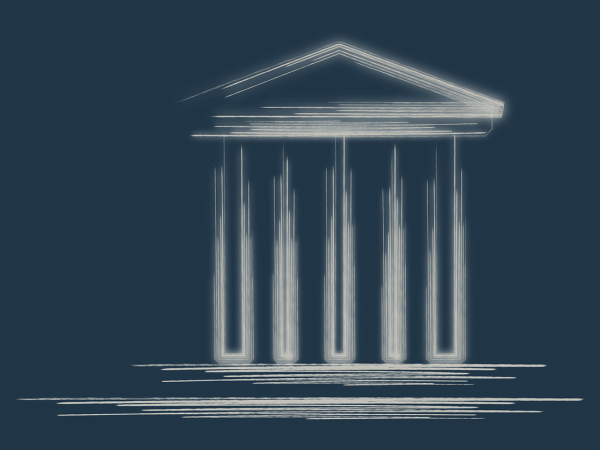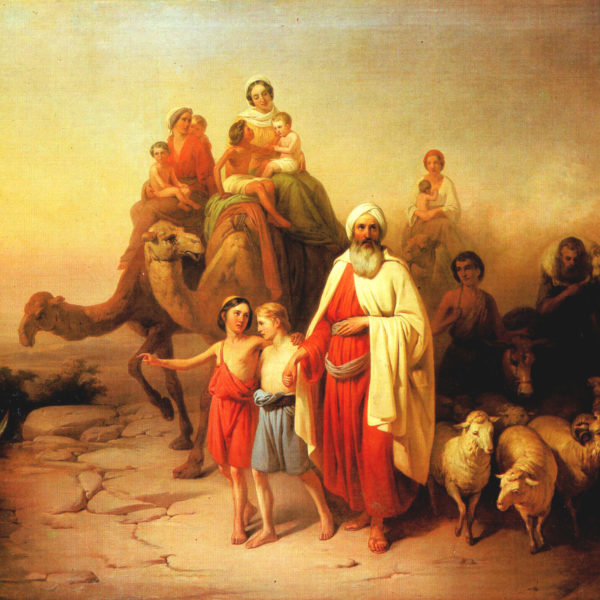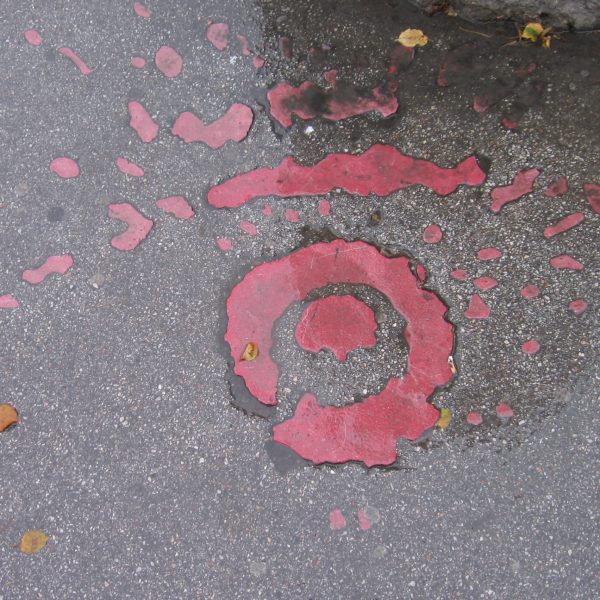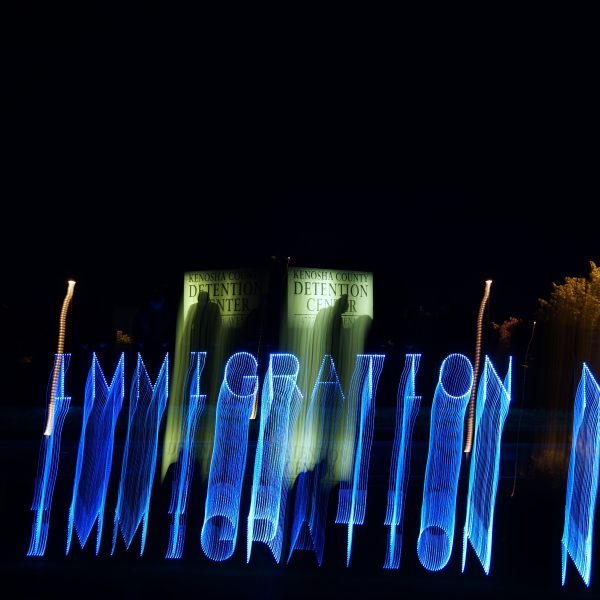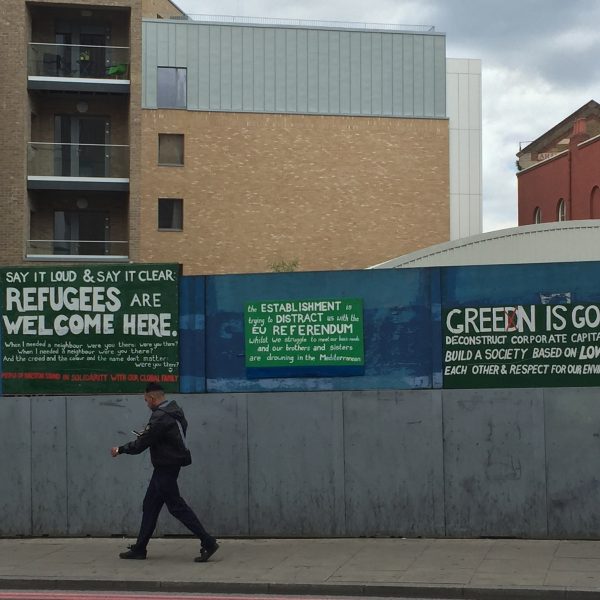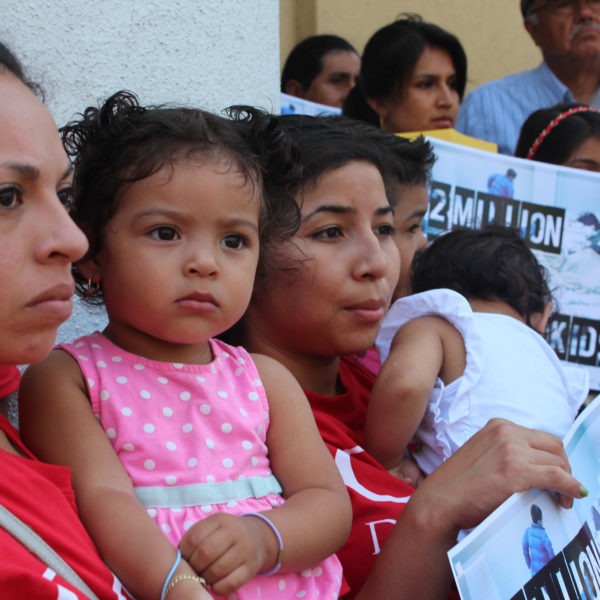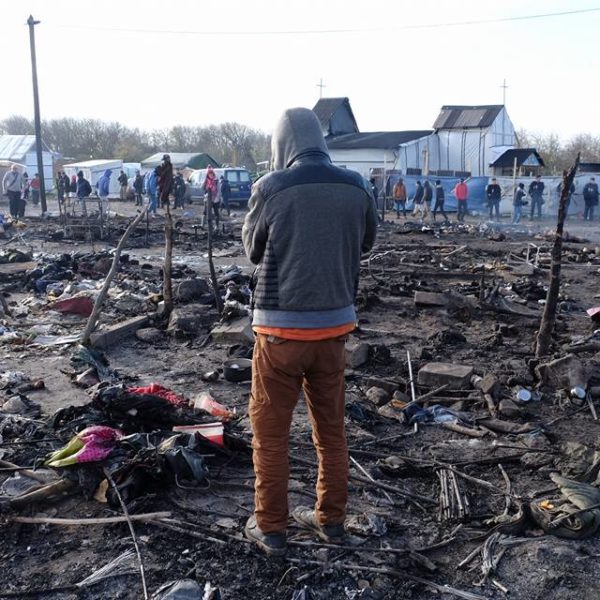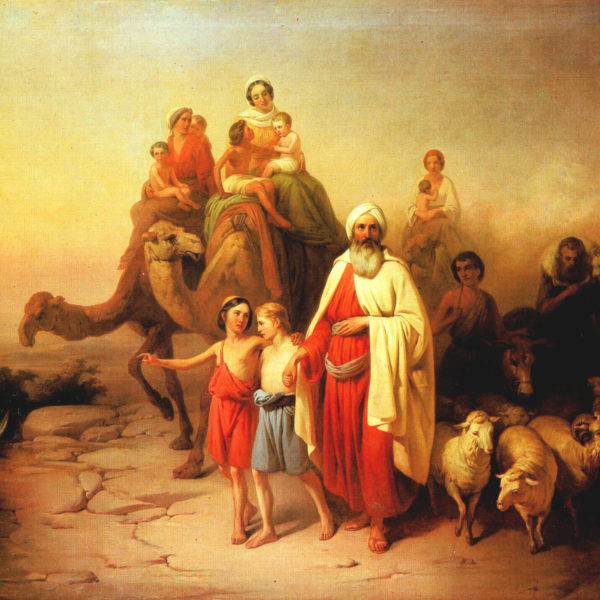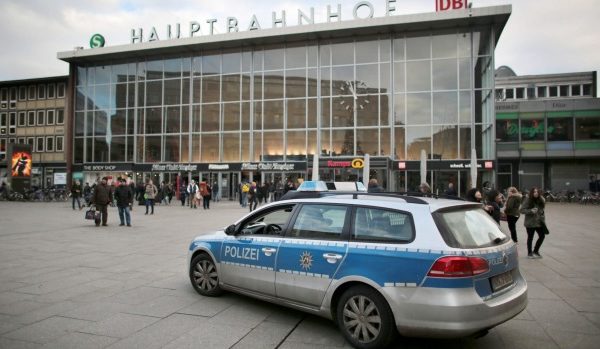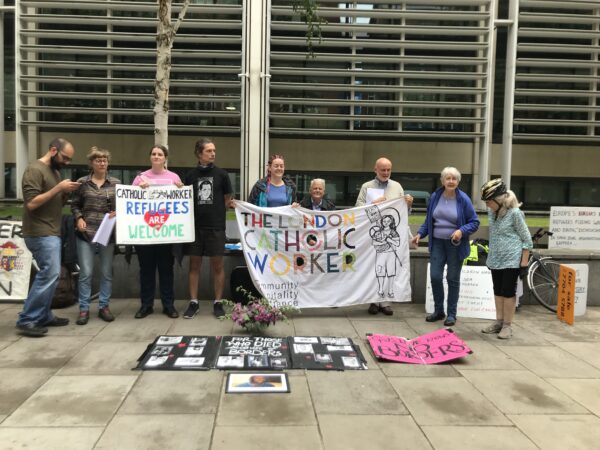
The London Catholic Worker creates the physical and intellectual spaces in which to practice radical hospitality and explore Christian anarchism. As these spaces can be transitory, easily destroyed or abandoned, the Catholic Worker must draw on its personalist and anarchist roots to adapt to a rapidly changing world.
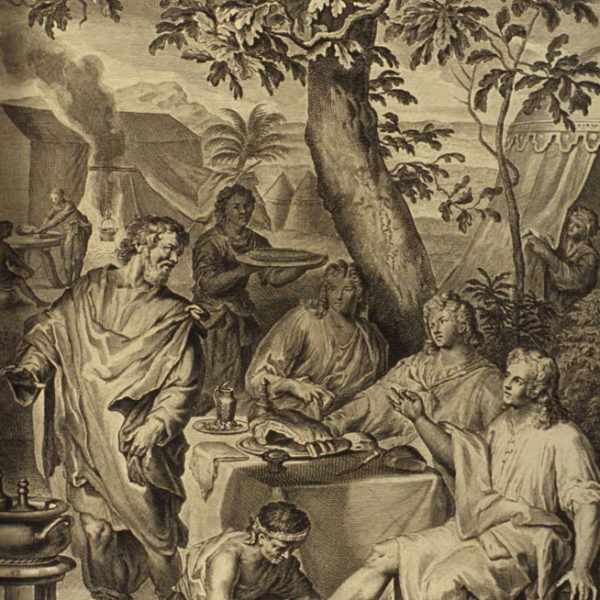
There is perhaps no biblical virtue more foreign to the contemporary Western mind than hospitality. For us, the deeply ethical connotations of hospitality for the stranger—the resident alien or refugee—have been largely replaced with a call for general neighborliness and an often all-too-partisan welcome.
